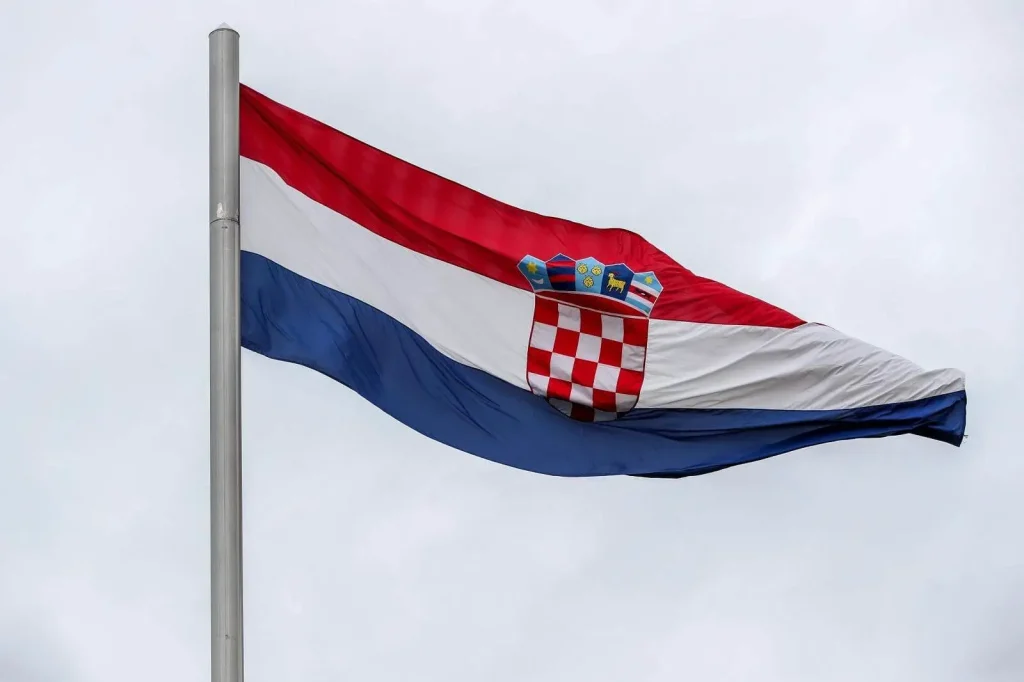The survey was conducted in March this year among 1,122 final-year secondary school students in 59 schools.
Insufficient implementation of civic education
Commenting on students’ poor results in three-year vocational programs, who accounted for 23% of the respondents, Profesor Šalaj said that “society has decided that they do not need to be politically literate.” That, in turn, means that as future voters in elections, they don’t need to know anything about political processes, institutions, or parties, which is a serious social problem, he added.
These results prove that society has done almost nothing to implement civic education, even though some aspects have been included across different subjects, but that is not enough, Šalaj said.
The survey results were presented by Jelena Matić Bojić and Nikola Baketa from the Institute for Social Research, and Ana Ljubojević from the University of Graz also commented on them.
Noting that young people often do not know basic political facts, Baketa said that, for example, they do not know which countries are members of the EU or when Croatia joined NATO. He underlined that the survey shows that young people do not understand basic political notions; they do not trust political institutions but trust the army and science.
Only 7.2% of young people trust political parties and see them as a “tool to get a job,” without having any ideological opinions.
Even though most young people get their information from social networks and news websites, they trust them the least.
Young people’s sociopolitical views slightly more democratic than in 2015
Noting that the survey dealt with political knowledge, prejudices and stereotypes, values, media literacy, civic culture, and habits, Bojić said that the results show that young people’s sociopolitical views were slightly more democratic than in 2015.
This includes views on homosexuality, he said, adding that one-third of young people consider homosexuality an illness and that homosexuals shouldn’t publicly declare their homosexuality because this has a bad influence on young people.
Attitudes towards gender equality are a little more progressive, although one-quarter of respondents are still indecisive about this aspect.
The positive point is that 90% of young people can imagine having a friend from a different race, religion, or nationality.
75% support extracurricular programs in Vukovar
Part of the survey dealt with the Homeland War and World War II. Ljubojević said that three-quarters of respondents support extracurricular activities in Vukovar and want to learn more about the Homeland War, with 45% saying they did not know enough about it.
On the other hand, few expressed any interest in visiting places like Jasenovac or Dotrščina, where they could learn more about World War II.
As far as the pro-Nazi Independent State of Croatia (NDH) is concerned, 15% do not consider it a fascist state, which is significantly different to six years ago when 72% did not see the NDH as a fascist regime.
About 45% of students consider the chant “For the Homeland Ready” acceptable, while 25% are opposed to it and 30% are indecisive.
More than 50% consider the former Yugoslavia a communist dictatorship, while 50% consider that Croats were subordinate in that state.
For more, follow our politics section.








